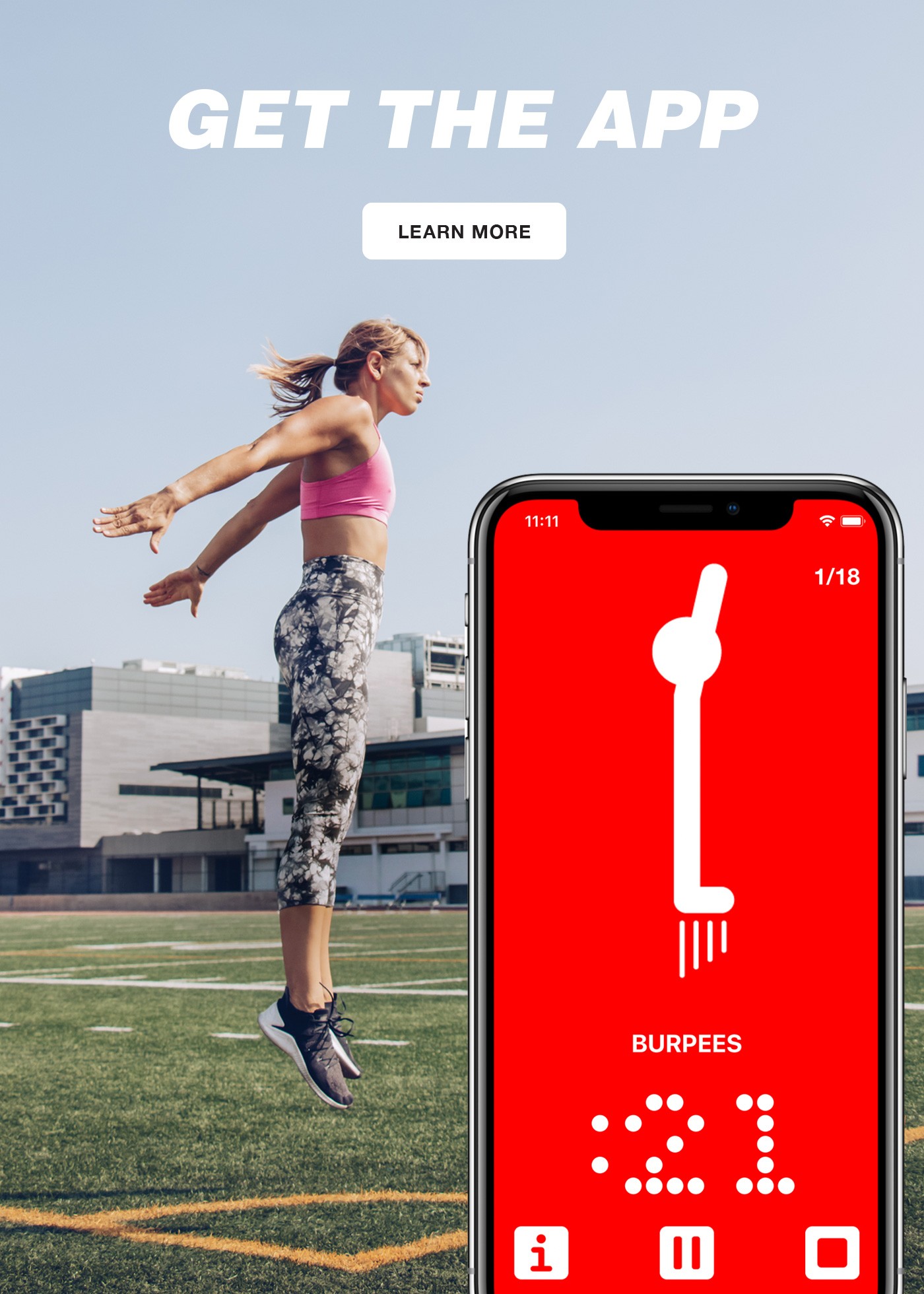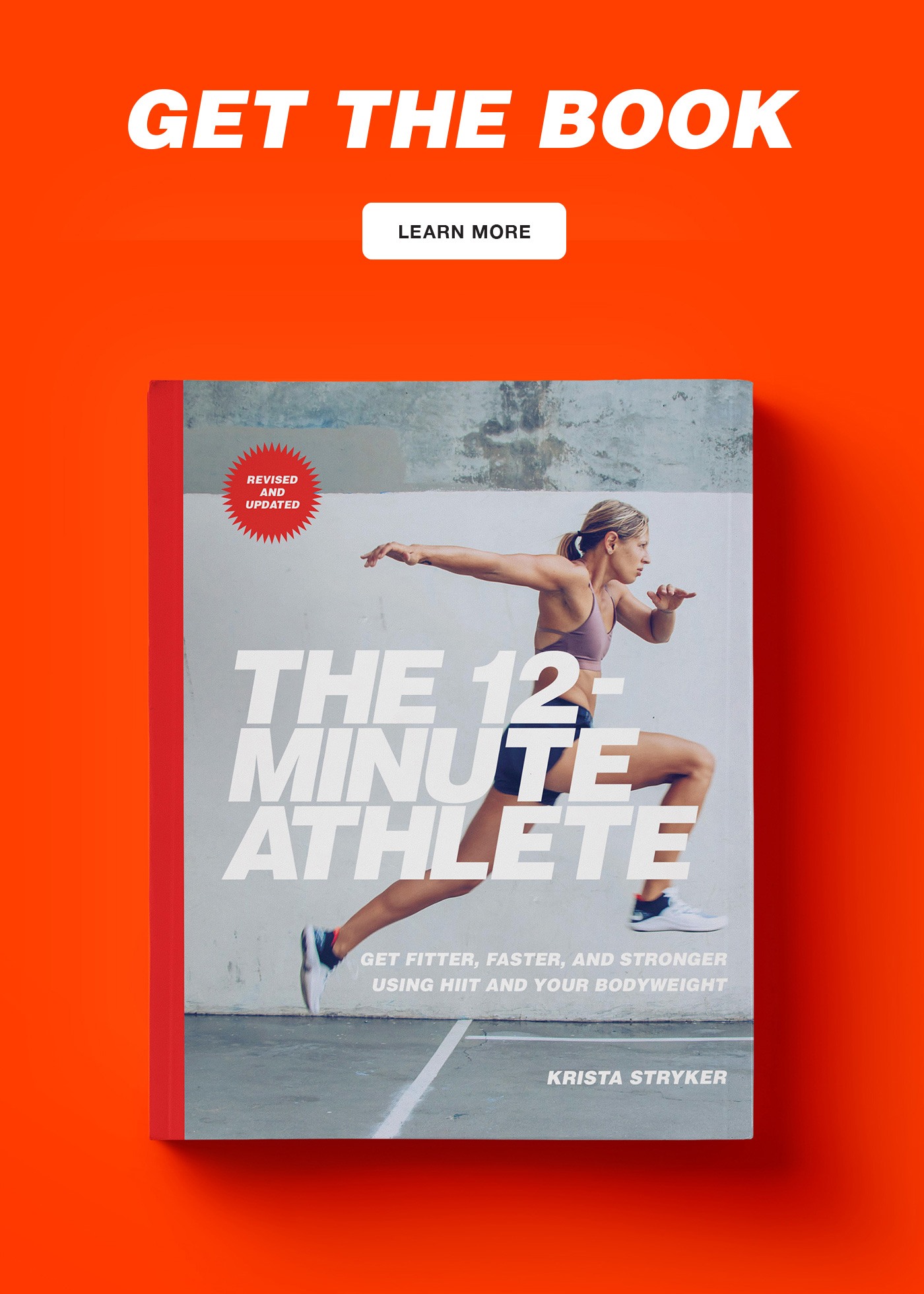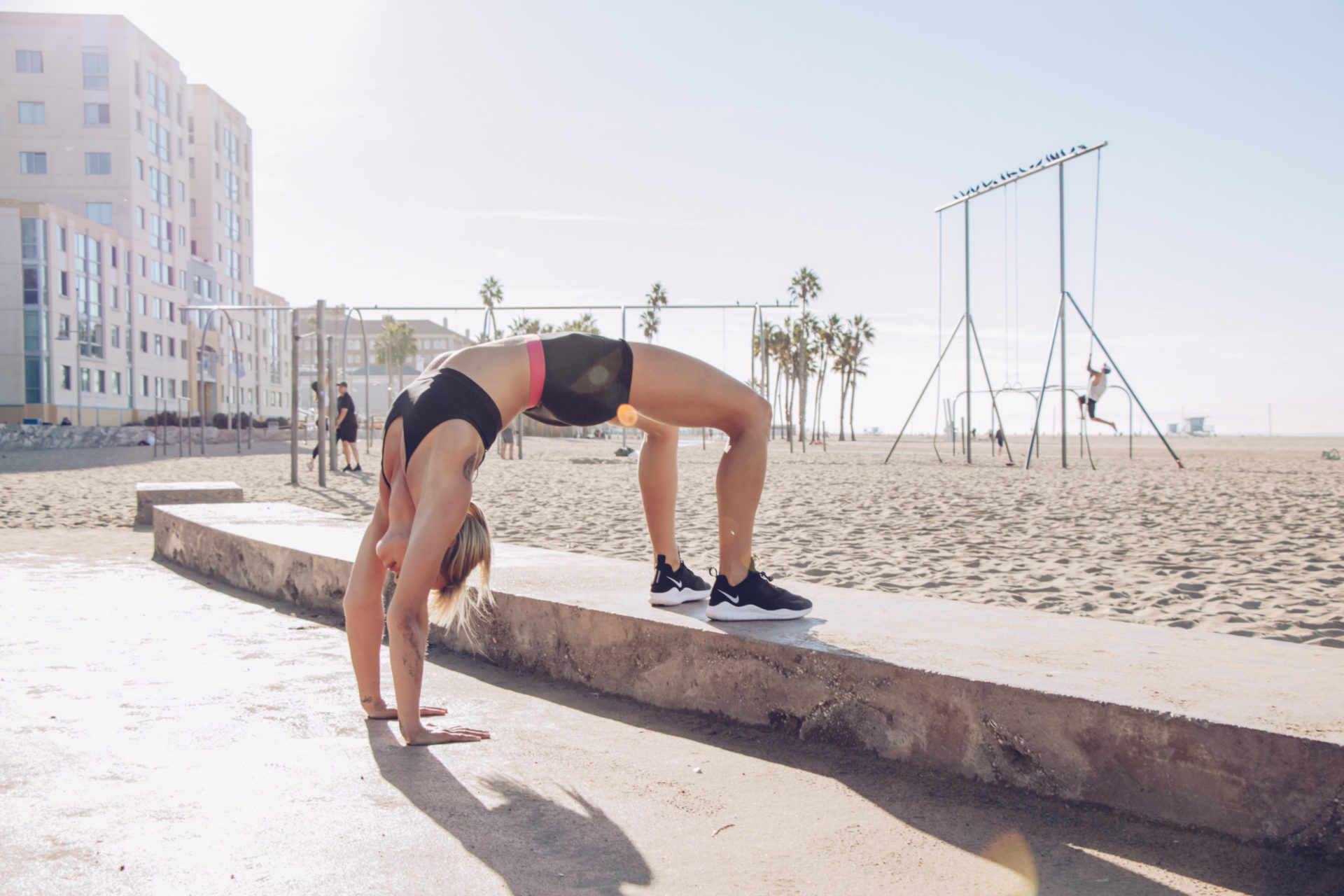I don’t know about you, but the idea that I might grow old and realize I’ve squandered my life haunts me in the middle of the night.
It’s the reason I get up at 6 a.m. every day to write; the reason I keep working toward my fitness goals day after day; the reason I’m constantly trying to improve as a writer/athlete/human being. I don’t want to wake up later in life and realize I could have been more or given more to the world.
It’s also the reason that in recent years, I’ve become captivated by the idea of peak performance. Originating from the field of sports psychology, peak performance essentially means you’re operating at your highest level of performance.
In other words, peak performance is when you feel you’re maximizing your ability and using your skills to the utmost.
This could be in any area of our life that matters to you, from work, to sports and fitness, to hobbies, to relationships, to how you generally operate in the world.
One of the best ways to ensure you’re maximizing your abilities and reaching your highest level of performance? Exercise.
A growing body of scientific research has shown that exercise is one of the best performance-boosting activities we can do. Regular physical activity can help us learn faster and think better, allowing us to perform better in all areas of our lives.
And this doesn’t just include intense HIIT workouts, long runs, and sports-specific training, either. It also encompasses activities carried out in daily life, such as walking more, taking the stairs, and sitting less.
There’s a long list of ways that regular exercise can help you perform at your best more often. Here are some highlights:
Exercise has proven mood-boosting effects. Research shows that a single bout of exercise can instantly put you in a better mood. And regular exercise can combat feelings of depression and anxiety over time.
Exercise can help you learn faster and focus better. When you work out, your ability to focus and learn better increases.
For any neuroscience nerds out there, a single workout increases levels of dopamine, serotonin, and noradrenaline. This combination of neurotransmitters results in hyperstimulation of the mind, which results in an increased focus of attention and reaction time for at least two hours.
Exercise can prevent cognitive decline as we age. Not only does cognitive performance improve immediately after a workout, but regular physical activity throughout adulthood has a protective effect against cognitive decline later in life.
Exercise makes you more creative. Research shows that one of the best ways to boost creativity is to be in a good mood. And one of the best ways to get in a better mood is to exercise. Even just 30 minutes of exercise three to four times a week can help you be more creative and perform at your best more often.
Exercise can increase feelings of hope. Movement and exercise can even increase feelings of hope, giving you perspective on what really matters and helping you have a more positive outlook on life.
There’s no question about it: if you want to think, feel, and perform your best in all areas of your life, regular exercise is a must.
“To keep our brains at peak performance, our bodies need to work hard.” — John Ratey




I love this so much. Your writing is always so good but when you talk about this stuff I know you mean it and it comes through and hits different. I’m inspired. 👊
I badly needed this article! I’m in a remote work setup right now and it is true that sitting all the time exhaust not just my physical body but also my state of mind. Our line of job is in healthcare shared service and so it really needs our cognitive performance, creativity and focus.
Had a great time reading this.